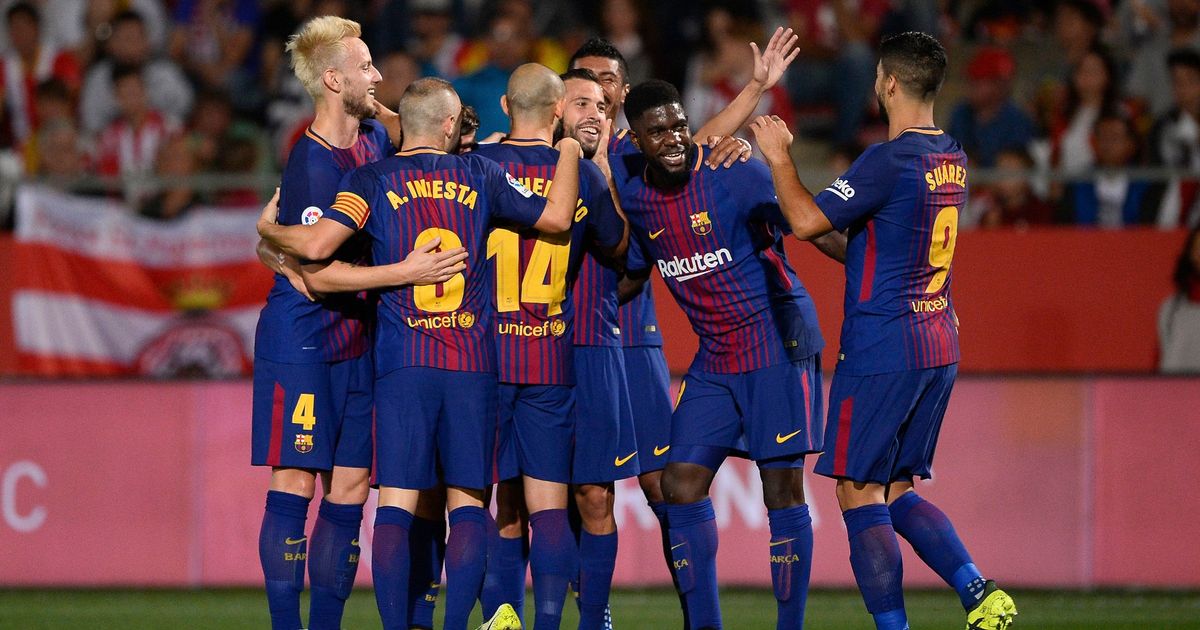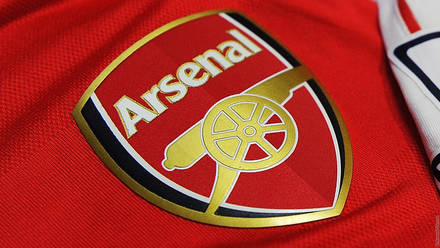
The Confederation of African Football has released a comprehensive guideline for its Member Associations detailing steps and protocols to employ for the restart of football activities on the continent.
The 27-page document by the CAF Medical Committee in collaboration with the Technical & Development Department and a team of experts is designed to help associations and clubs manage the process of resuming domestic competitions amid the coronavirus pandemic.
The detailed report incorporates stringent health and safety measures for players and other stakeholders as well as a recommendation that domestic championships be staged in a single city.
Football across the continent has been crippled by the pandemic which has affected over 300,000 thousand people and killed over 8,000 people in 54 African countries.
The development led to CAF to postpone the 2020 African Nations Championship in Cameroon and suspend the Champions League and Confederation Cup as well as qualifiers for both the 2020 Women’s Africa Cup of Nations and the 2021 Nations Cup.
Additionally, several countries either suspended or cancelled their domestic seasons in a bid to curb the spread of the virus although countries like Egypt have announced plans to resume league action.
In Europe, several countries have restarted competition after several months of inactivity under very stringent conditions.
Africa’s football governing body, however, stressed that it does not seek “to encourage member associations and their professional clubs to resume, at all costs”.
CAF says it recognises the “great challenge” that “awaits the African federations, their professional leagues and their Clubs, often unaccustomed to scrupulously respecting standards and procedures of this type”.
The first step towards restarting domestic competitions, CAF stressed, is that federations must first ensure the resolution of players’ salary situation before the resumption of training and competition activities. Likewise, psychological assistance should be offered to teams and players.
A three-phased approach to resuming training has been proposed.
The first phase would see players and club staff undergo a barrage of tests for 3-4 days, followed by individual training for up to a week before the start of group training under social distancing regulations.
CAF recommends that the first sets of tests be carried out 72 hours before the resumption of football activities while a second test should be done just before the first session “to prevent false negatives” and the possibility of asymptomatic carriers spreading the virus.
Additionally, all match officials, the media and all those who work in the stadiums during the match including ball boys will have to be tested.
The recommended health and safety protocol include:
- Designate permanent residences for teams, referees and managers
- Designate and organize training and competition sites
- Define the behind closed doors and establish areas with limited access
- Establish a secure traffic plan
- Organize transport systems for all players in the game
- Disinfect all closed sites Disinfect all technical equipment, including ball gear, including after training and match sessions
- Disinfect modes of transport for matches & training
- Implement and maintain “social distancing” measures
- Disinfect accommodation and food preparation.
- Encourage the use of masks and gloves during the trip to matches or training
- Submit each actor to the COVID-19 test 48 to 72 hours before a match and just after the match
- Ensure the capacity to isolate suspected cases
- Recommend disposable towels
- Ensure that medical staff check the temperature of competitors
- Quarantine of travelling teams
To ensure that anyone entering the stadium or training site is virus-free, it is recommended that an infrared temperature measurement airlock is installed at the entrance to the stadium or training site to check visitors’ temperatures.
CAF recommends the use of a single city for when competition resumes with each team to be made up of 23 players, 10 members of the technical and medical staff.
Matches should take place behind closed doors with only players, coaches, referees, journalists, cameramen, doping control officers, stewards, groundsmen and ball boys allowed.
Teams should arrive at the stadium separately and rituals such as pre-match handshakes and team photographs should be abandoned. There should be no player mascots, physical distance should be observed in the locker room and both teams should enter the field separately.
Protective masks should be mandatory for substitutes, coaching staff and medical personnel, pitchside sinks and hand sanitisers will be required for hygiene reasons while balls should be disinfected several times.
Handshakes or hugs to celebrate goals should be prohibited, players should be banned from exchanging shirts and spitting on the field must be discouraged.
In line with the FIFA rule change temporarily allowing five substitutes, federations are encouraged to implement the rule as well as make use of drinking breaks in the 30th and 75th minutes.
Press conferences should be banned except for flash interviews for players which must be conducted while maintaining a physical distance of 2 meters and more.
To help manage the uncharted territory of dealing with the unique challenges posed by COVID-19, CAF advises that each federation and professional club recruits a “Corona officer” to be in charge of all action relating to the pandemic.
This way, the organisation believes that African clubs which often struggle with keeping to basic standards and who “do not have really organized medical departments” can “if they are serious and motivated” distil knowledge and develop standards which could then become regulations that will have to be drafted and adopted legally.
Meanwhile, CAF says the Organising Committee for Interclubs Competitions & Management of Club Licensing, and the Organising Committee for Women’s Football held meetings via video-conference last week on the future on the various competitions.
The CAF Executive Committee will meet on Tuesday, 30 June 2020 via video-conference to examine the recommendations by the respective Standing Committees before deciding on a course of action.










